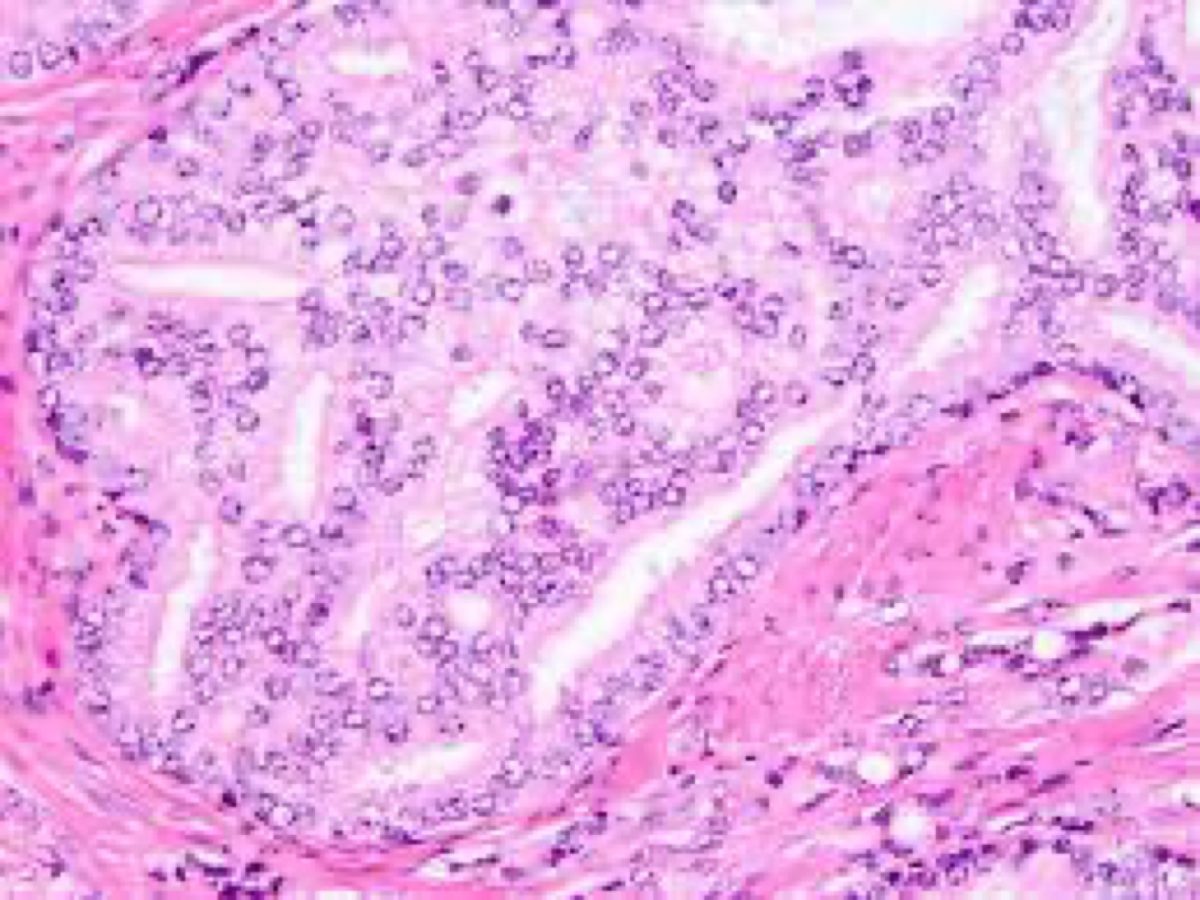The Gleason 6 “cancer” fails to act as cancer.
Despite low-power microscopic appearances suggesting a mild cancer, the very common Gleason grade 3 as in the Gleason 3+3 = 6 “cancer” fails to act like a cancer.
- The Gleason 6 or, G6 lacks the hallmarks of cancer on both clinical and molecular biology grounds
- The G6 cell has a very long doubling-time of 475 +/- 56 days so that from mutation to a growth of about one cm (smaller than half an inch) in diameter takes some 40 years
- About 50 percent of 50 year-old-men have unrecognized and asymptomatic areas of G6 disease in their prostate
- The prevalence of G6 increases with age
- That the G6 fails to evolve and harm men suggests it’s part of the aging process
- Because of these findings, there is no justification for continuing to call the Gleason 6 either a cancer or a low-risk cancer
- Because of this knowledge the G6 doesn’t need treatment. In fact, those unfortunate men who were treated for their Gleason 6 disease are survivors of their treatment and not survivors of the bogus cancer
- All prostate cancer statistics are false as they include the G6 pseudo-cancer
- Only some high-grade prostate cancers are potentially deadly
Find a direct pay urologist near you for more information and visit https://healthdrum.com/
Come join our healthcare community.
Read more.
https://www.ncbi.nlm.nih.gov/pmc/articles/PMC4708232
https://www.medscape.com/viewarticle/945928
https://urologyweb.com/why-the-gleason-6-doesnt-need-treatment/
Written by HEALTHdrum
